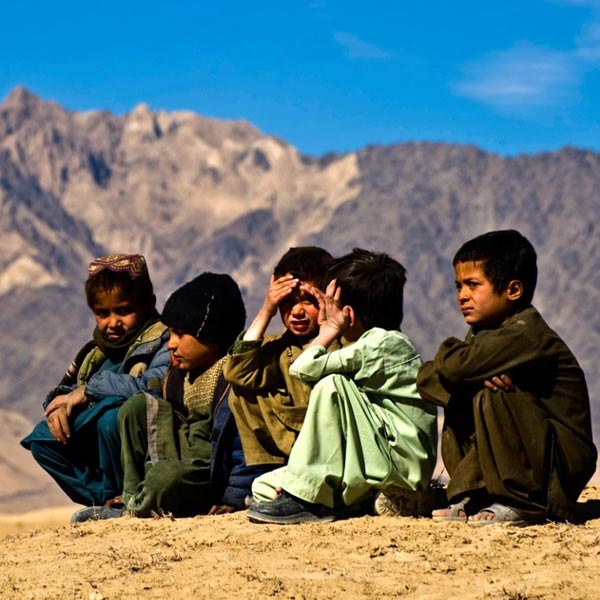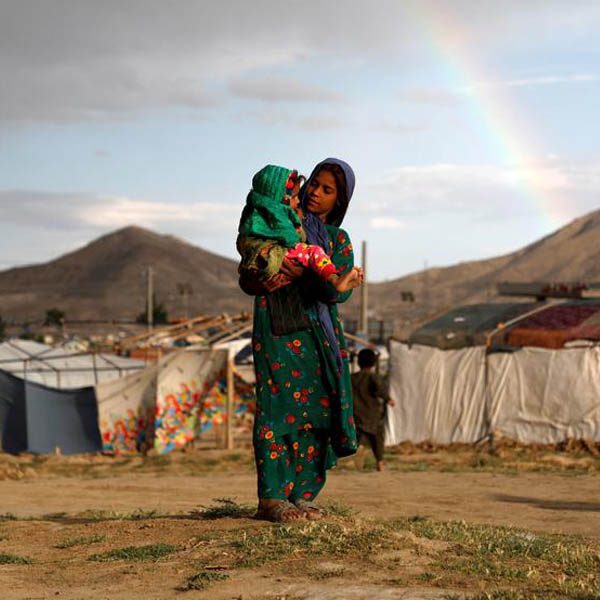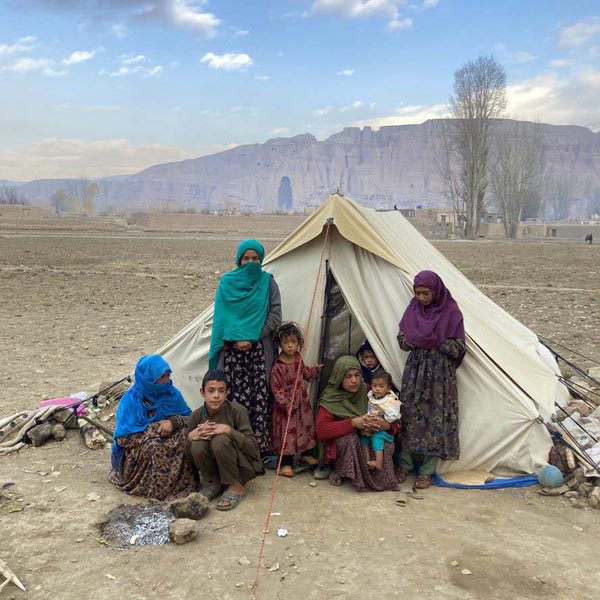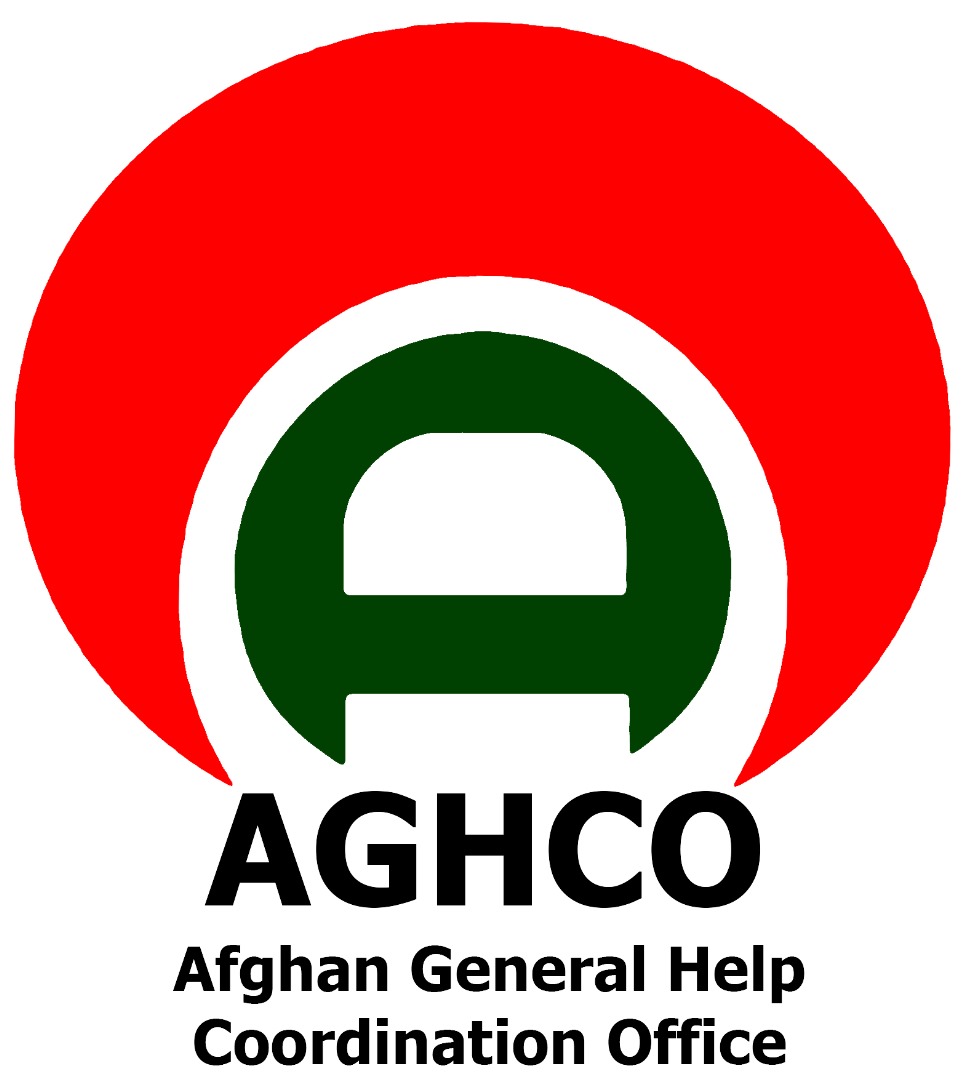Afghan General Help Coordination Office
AGHCO (Afghan General Help Coordination Office) is a national reputed Non-Profit and Non-Government Organization, which was previously known as Afghan German Help Coordination office as it was initially founded and established in 1991 and since then the NGO has been active. In 1991 AGHCO was established to assist and secure the emergency, relief, rehabilitation operations and development activities in Afghanistan. This was done through direct cooperation and coordination with the government, UN, international organizations and local communities. In 2005 AGHCO was reregistered as an Afghan NGO with the Ministry of Economy.

Background of AGHCO
AGHCO is dedicated to delivering a wide range of services focused on enhancing human well-being and promoting social welfare. Our organization consistently strives for sustainable development and bringing about a positive change across the country. Through our structured approach, diverse activities, and well-defined policies, AGHCO remains unwaveringly committed to its mission, ensuring that efforts align with and contribute to the achievement of broader social goals.
AGHCO extends policies to reach remote areas and enhance the overall effectiveness of social welfare schemes. As also mentioned in the section above, NGOs perform a variety of services for social wellbeing either through implementing development projects or through policy advocacy.
Our contributions are integral to the nation’s development, as we engage deeply with social issues, driving progress through our active involvement and commitment to creating lasting, positive impacts.
Undertaken Projects
Completed Projects
Success Rate
Afghan General Help Coordination Office

AGHCO is committed to empower and promote active participation of the vulnerable and disadvantaged members of the society towards self-reliance and sustainable development through service delivery, capacity strengthening and research.

A healthy and socio-economically empowered Afghanistan, thriving with hope and equal opportunities for all.

Community Development and poverty alleviation, through continues advocacy, capacity development, youth engagement, women empowerment, and re-integration of IDPs, returnees, and war-affected communities in Afghanistan.
- Respect for Human Dignity
- Honesty and Integrity
- Impartiality and Independence
- Equity and Equality
- Transparency and Accountability
Our history
Afghan General Help Coordination Office (AGHO), is an Afghanistan based Non-Governmental Organization with its main office in Kabul City, Kabul, Afghanistan. AGHCO started as a Community Based Organization in 1991 and was officially registered as an NGO at the ministry of economy of Afghanistan in 2005.
AGHCO works to towards building sustainable community development, focusing on improving Health, Social services, Entrepreneurship, Disaster Relief and Advocacy. AGHCO’s principal mandate is to design, implement and evaluate multi-component evidence-based health, Environmental, and human rights research and intervention projects that improve the health and socio-economic status of individuals and target communities. AGHCO is a grassroots NGO with its activities centered on and drawn from the community and individual level.
Initially, AGHCO was established with the primary aim of providing assistance and basic services in the fields of health and rehabilitation to Afghan refugees in camps and villages across the border in Pakistan. To achieve its aims, AGHCO established a hospital in Danish Abad, Peshawar and various clinics in rural areas. These projects were implemented under AGHCO’s direct supervision. However, in 1993, due to the changing situation of Afghanistan, AGHCO shifted its objectives and began focusing primarily on serving communities within Afghanistan. Consequently, AGHCO started construction of hospitals and clinics in Paktia, Paktika, Kunar, Laghman, Logar, Kandahar, and Jalalabad.
Health related projects were implemented in collaboration with MSF and AMI. However, due to the policy changes within these organizations, the projects were later handed over to the government. At that time, AGHCO was the only local NGO managing and maintaining Jalalabad Hospital, which also served as a training institute. Unfortunately, due to a shortage of funds, AGHCO eventually handed over this hospital to the host government in 1996. Subsequently, AGHCO began constructing clinics in Khost and Gardez provinces.
With the growing demand for integrated projects addressing basic needs of drinking water, food security, livelihood and irrigation for agriculture, AGHCO focused on projects providing potable water to the returnee’s camps and irrigation water to fertile lands in rural areas as Afghanistan is an agricultural country. Therefore, from the last 16 years AGHCO is working in field of agriculture, water sanitation and water supply in Kabul, Laghman, Jalalabad, Kunar, Paktia, Paktika, Khost, Ghazni, Nooristan and Kandahar in partnership with UNICEF. Believing in importance of irrigation, we have also implemented various irrigation, agricultural and nursery related projects in Laghman, Kandahar and Jalalabad with the support of WFP and FAO.
When it comes to agriculture our primary aim is to implement self-sufficient facilities where local farmers can manage and meantime sustain their growth without any external support we have achieved this by introducing cash crop as an alternative to the farmers. We also further used our agricultural projects in coordination with SC UK and WFP to protect children right by providing street children’s with basic education and agriculture trainings to get viable jobs in agricultural field for future.
AGHCO with the support of Save the Children UK implemented a projected between 2004 and 2006 to provide accommodation, basic education and training to street children in labour related jobs, so that they can target potential jobs and get viable income opportunities for future. In order to achieve this AGHCO had rented two inclusive resources centres in Kabul which accommodated around 400 boys and girls. Some of the children who couldn’t reach the resource centre, we provided them outreach classes, workshops and kiosk to sell their goods. As part of this project 40 girls were trained in tailoring who were awarded with certificates and one sewing machine, those girls are no capable of provide financial support to their families. Furthermore, around 40 boys were trained in tailoring, ironsmith, shoes making, mechanic, car body making, carpentry and bicycle mechanic these boys were equipped with vocational tools, which means even long after the completion of their training they are able to provide financial assistance to their families. In addition to that AGHCO also provided basic education to more than 400 children; they were admitted to formal schools from 1st grade to 4th grade so that they can wisely use their time.
AGHCO has extensive experience in the promotion of Afghan Community Development and successfully has implemented a Civic Education for Constitution Making Process project in various districts of Kunar, Nooristan, Khost and Paktika provinces. As part of this project AGHCO trained 4 elected by community representatives from each district, the training has given the ability to the representatives to educate their districts’ community from the constitution law and this project was funded by (ACSF).
As we are aim is capacity building of the Afghan people, fortunately we had been given the opportunity to achieve this aim by implementing a project as a partner with International Medical Corps (IMC). AGHCO carried out program activities including 7 BHCs, 1 CHC and a DH (District Hospital) jointly with IMC in Urgun, Omna, Nika and Gayan districts of Paktika province.
As mentioned earlier AGHCO has great experience in delivering primary health care services therefore, AGHCO has been chosen to be partner with Ibn Sina International and lastly implement Community Midwifery Education (CME) project in Paktia province. During the last almost 25 years AGHCO has almost worked in all over the country, in total it has implemented more than 180 projects. Out of which more than 50 projects were directly related to returnees, IDPs and the NGO provided them emergency response, shelter, and worked for their re-integration into their communities back. For the projects on returnees and IDPs, mostly the German government helped the NGO and the UNHCR. Besides that, other donors such as UNICEF and WFP were also the key donors to the AGHCO for supporting refugees and IDPs. For more details, please refer to the list of projects implemented by AGHCO during the last 25 years.


















